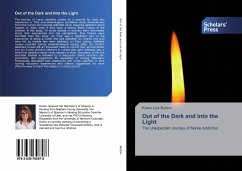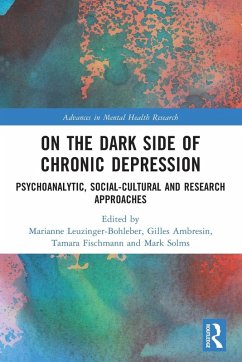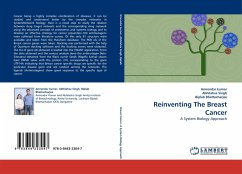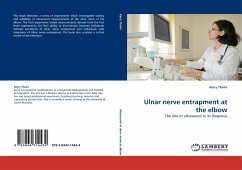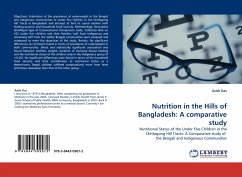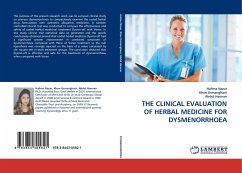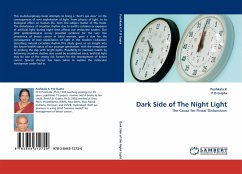
Dark Side of The Night Light
The Cause for Pineal Disfunction
Versandkostenfrei!
Versandfertig in 6-10 Tagen
39,99 €
inkl. MwSt.

PAYBACK Punkte
20 °P sammeln!
This multidisciplinary book attempts to bring a "bird's eye view" on the consequences of over exploitation of light. From physics of light, to its biological effect on human life, form the subject matter of this book. The disturbance of circadian rhythm due to earth's rotation or exposure of artificial light during night time affects our endocrine system. Our pilot epidemiological survey provided evidence for the very low prevalence of breast cancer in blind women, gave a clue for the consequence of over exploitation of light in the modern civilization disturbing natural circadian rhythm.This ...
This multidisciplinary book attempts to bring a "bird's eye view" on the consequences of over exploitation of light. From physics of light, to its biological effect on human life, form the subject matter of this book. The disturbance of circadian rhythm due to earth's rotation or exposure of artificial light during night time affects our endocrine system. Our pilot epidemiological survey provided evidence for the very low prevalence of breast cancer in blind women, gave a clue for the consequence of over exploitation of light in the modern civilization disturbing natural circadian rhythm.This study gives us an insight into the future health status of our younger generation, with the temptation to prolong the day with bright lights. Possibility to maintain health by following circadian rhythm also could be established since, artificial light may be one of the strong risk factors for the development of breast cancer. Special interest has been taken to explain the molecular mechanism under laid in.



